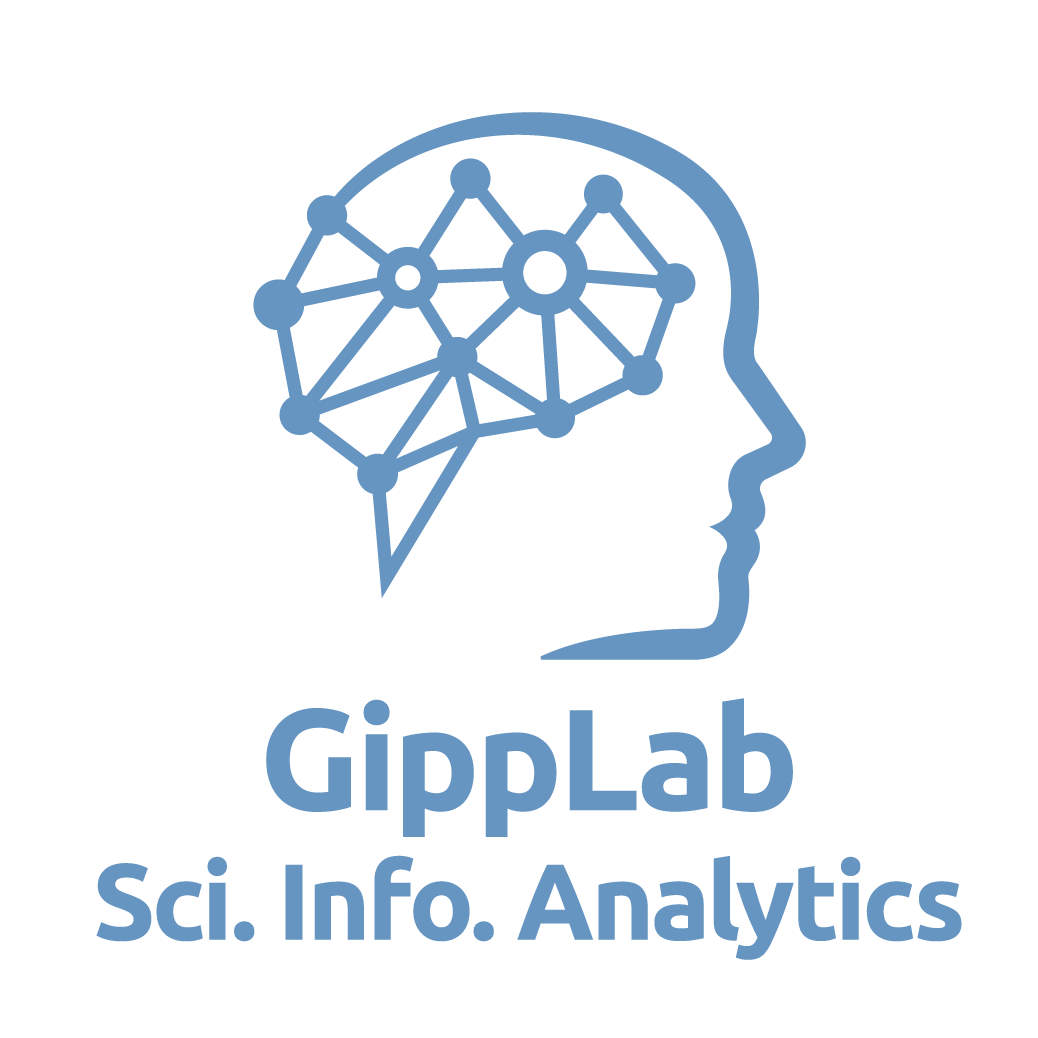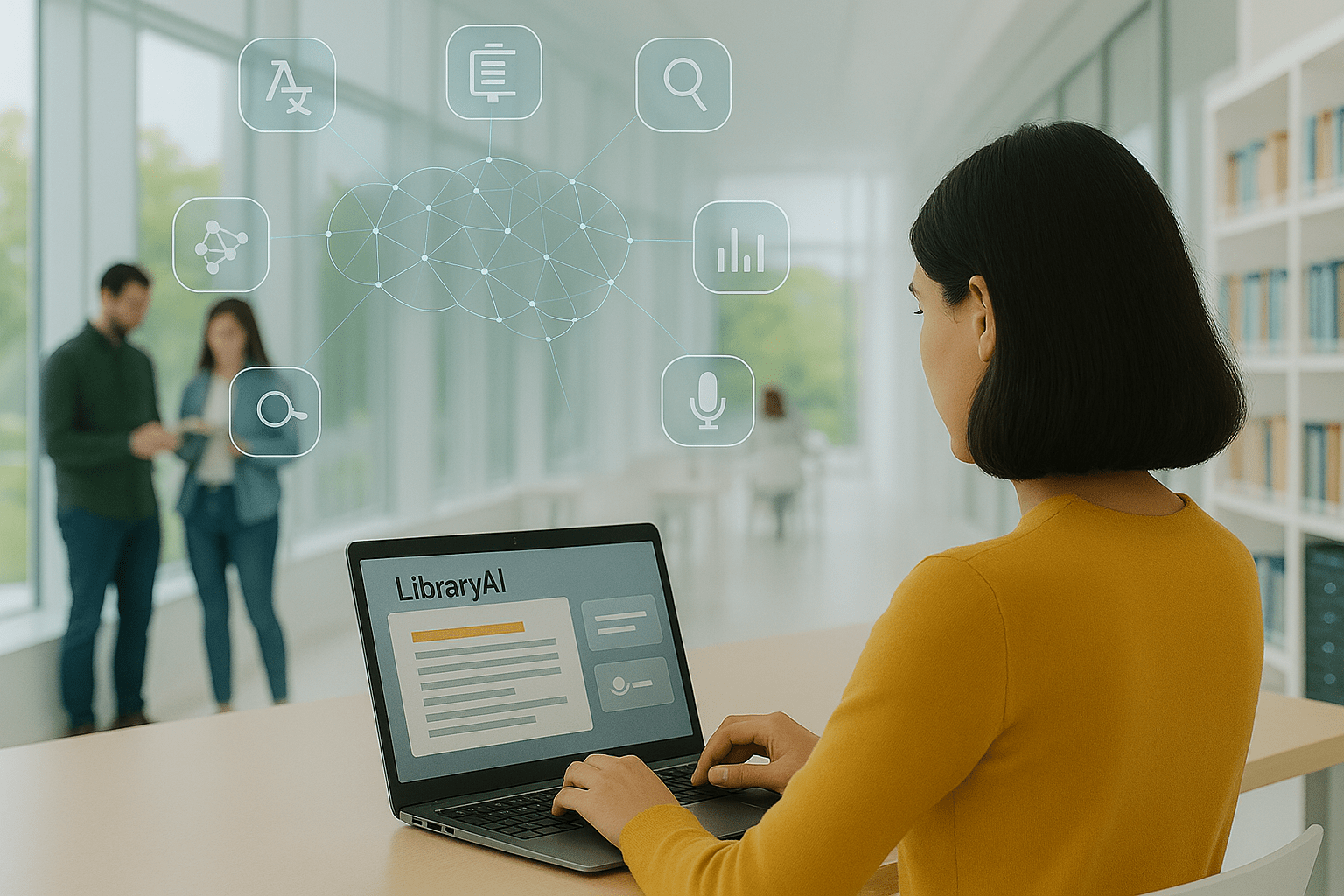How can we use Artificial Intelligence (AI) to fundamentally simplify researchers’ access to scientific information? Our research group, the Lower Saxony State and University Library Göttingen (SUB), and the Gesellschaft für wissenschaftliche Datenverarbeitung mbH Göttingen (GWDG) aim to develop a virtual assistant based on large language models that will make library research easier.
The collaborative project LibraryAI is supported by the German Research Foundation (DFG) with more than one million euros for three years, starting in December 2025.
The virtual research assistant will enable users to “interact” with the library via chat: asking questions, summarizing or translating content, and navigating through complex source collections. The special feature is that the assistant not only responds quickly and accurately, but also understands scientific terminology, thanks to customized AI models trained explicitly for the context of libraries and research.
“LibraryAI will not be a generic chatbot, but a reliable companion in everyday research – tailored to the needs of scientific users,” says principal investigator Prof. Dr. Bela Gipp, deputy director of SUB and head of our research group. The AI will be closely integrated with the existing library systems at SUB Göttingen, allowing it to access current catalog data, full texts, and subject-specific resources without inheriting the typical weaknesses of generative AI, such as outdated content or incorrect statements.
The system is based on a modular, open architecture and will be developed so that other scientific libraries can adopt it. “With our project, we aim to make an important contribution to the digital transformation of library services in Germany,” says Gipp.
Listen to AI-Podcast




